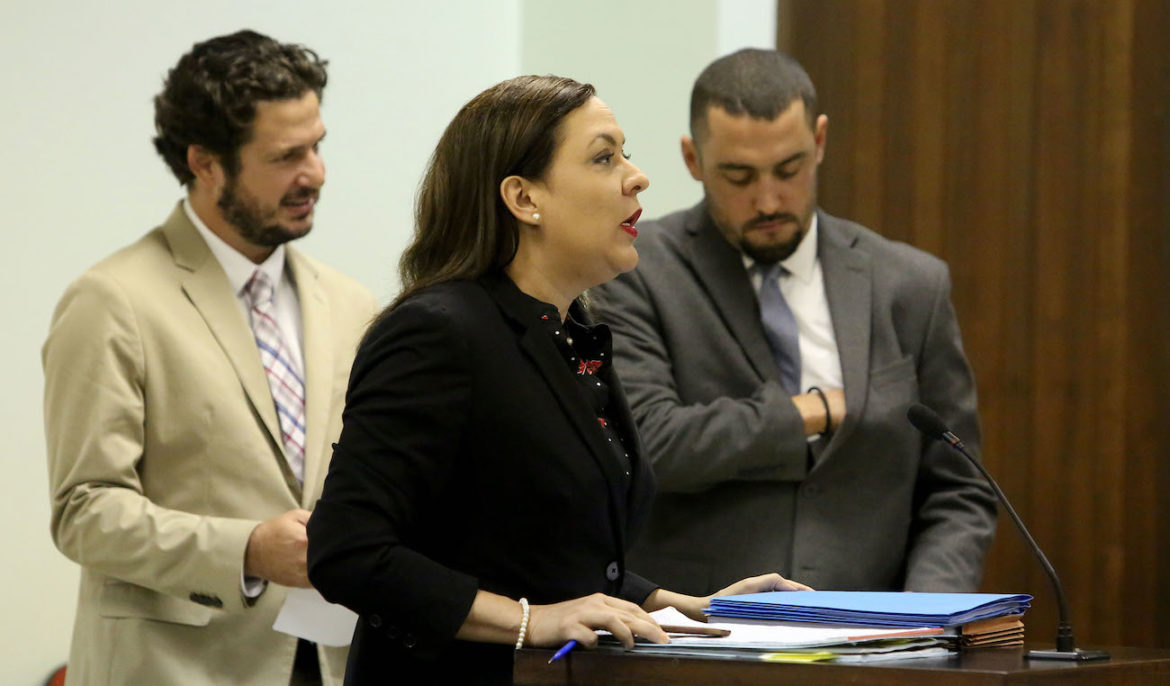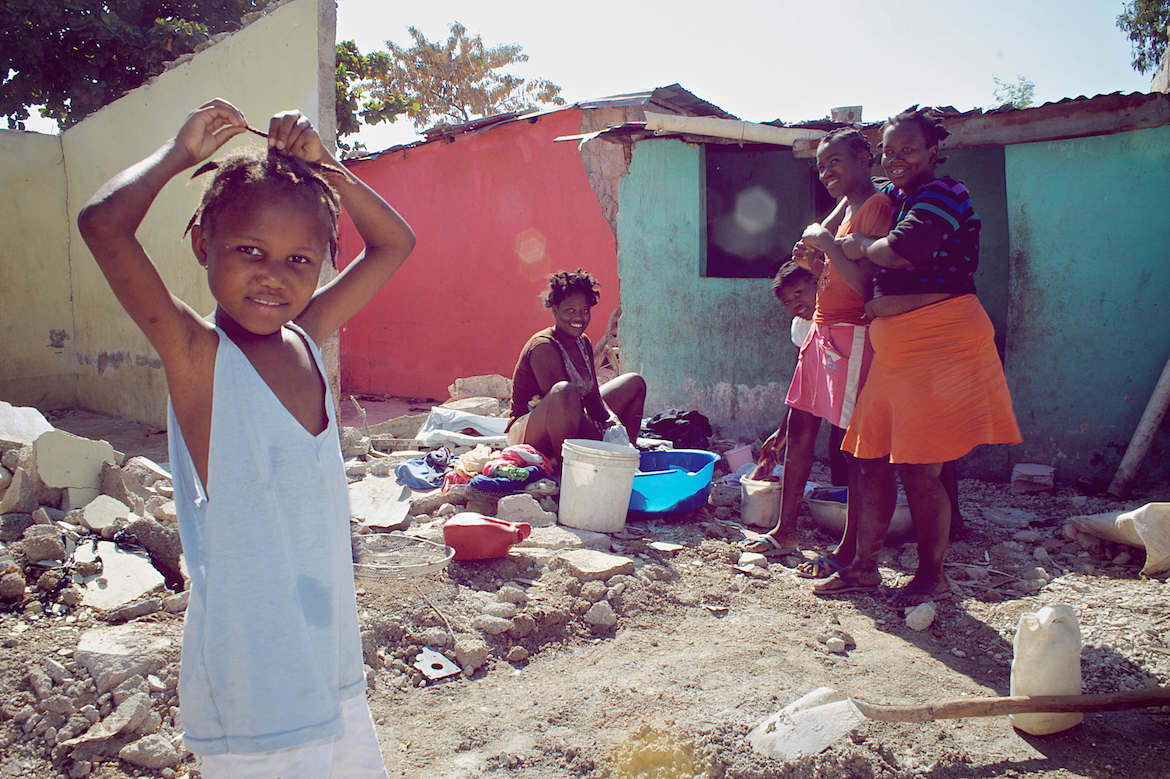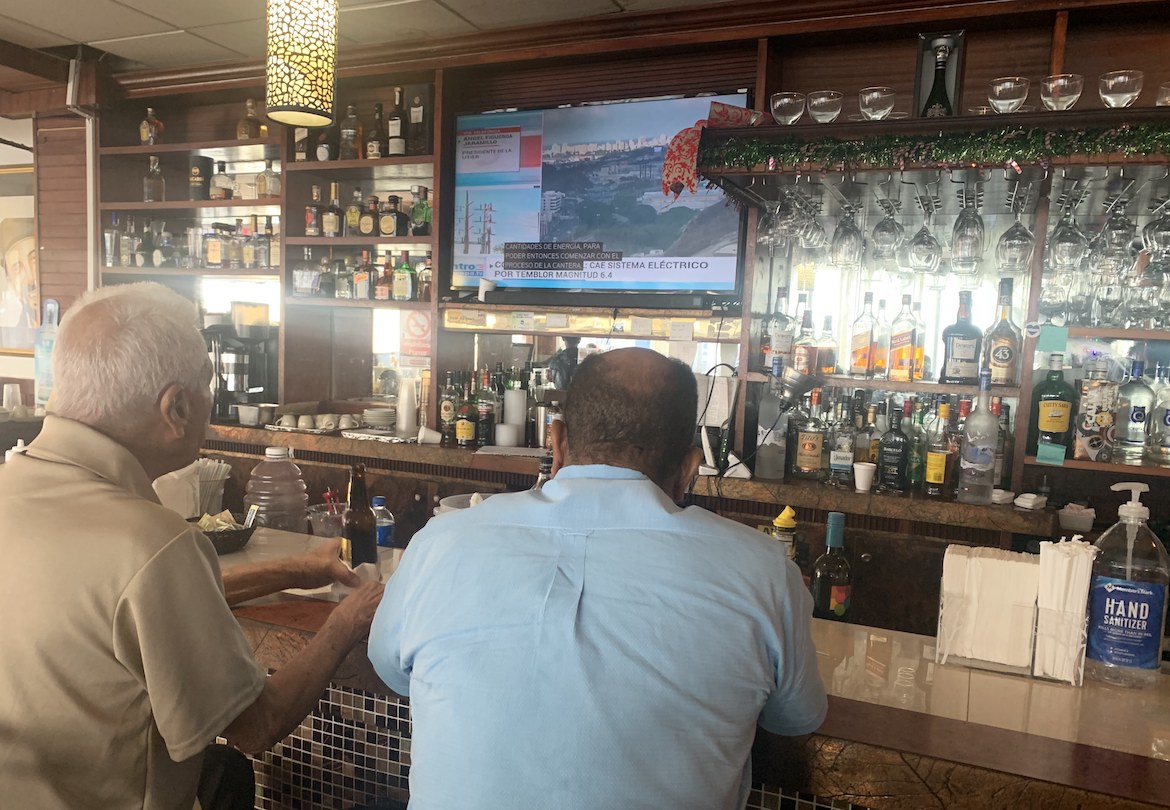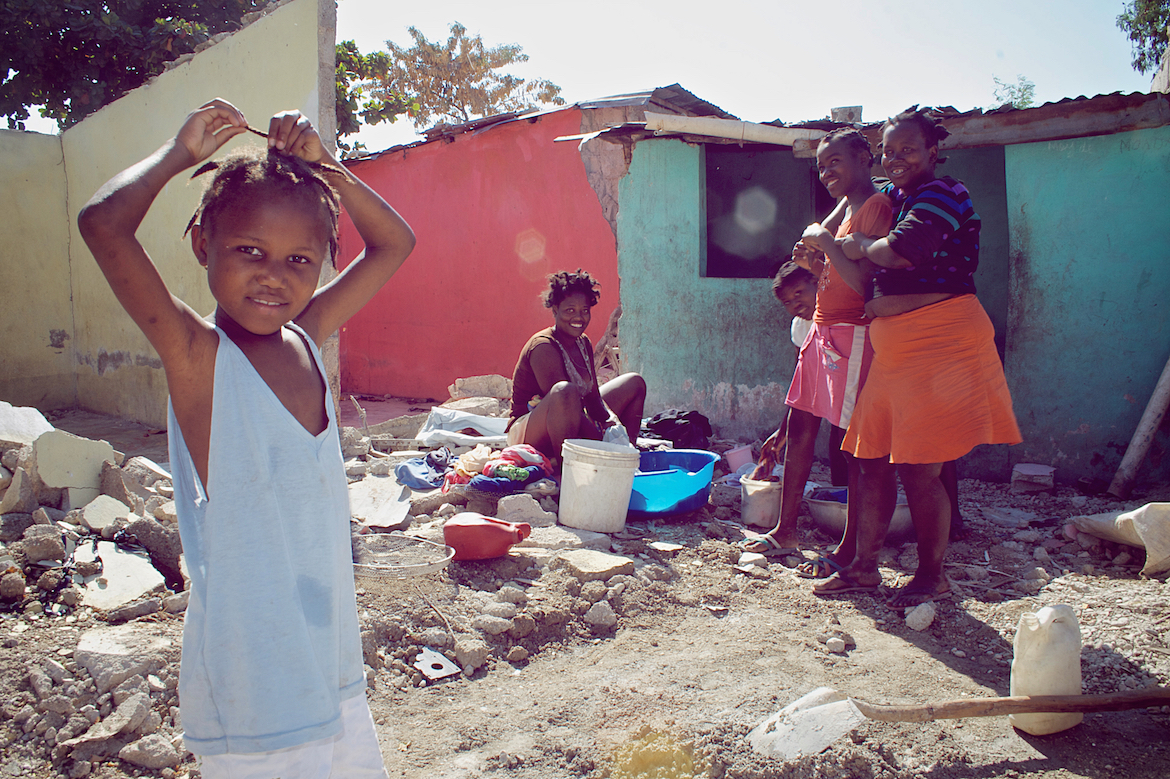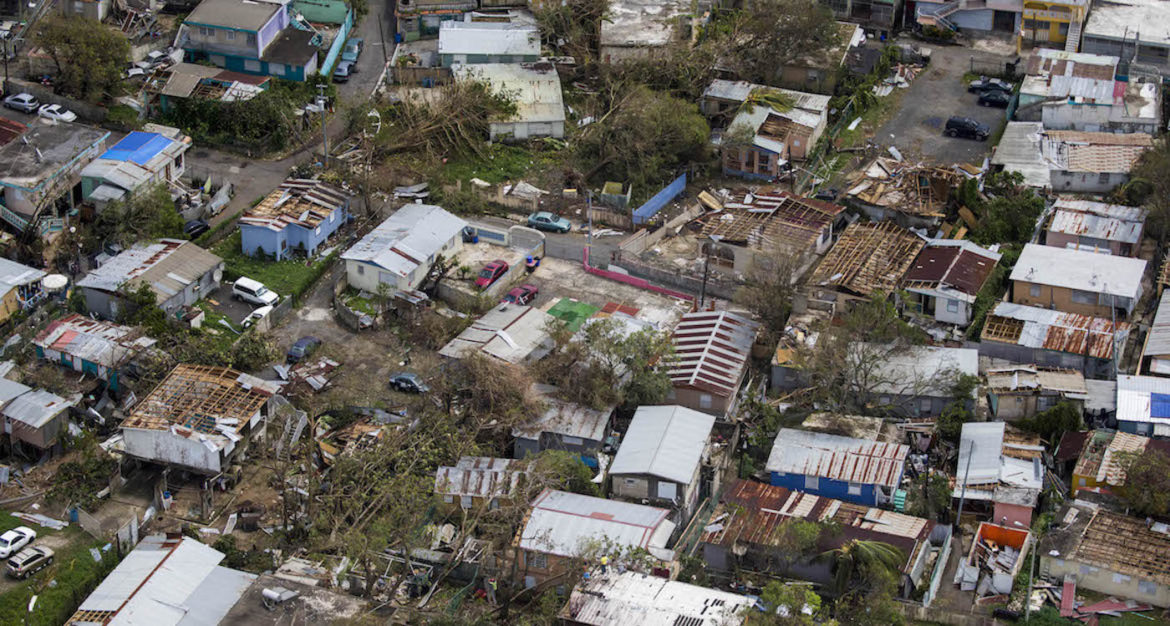Featured in Category
Gobierno se opone en el tribunal a divulgar el informe sobre el almacén de suministros de Ponce
|
El informe sometido por el Negociado de Investigaciones Especiales (NIE) sobre el almacén de suministros en Ponce es un documento público, reconoció en corte la administración de Wanda Vázquez Garced. No obstante, el Gobierno reclama dos excepciones que evitarían que se divulgue si el tribunal las estima válidas: que el informe alegadamente constituye una información que es oficial y le aplica el privilegio ejecutivo y que es necesario proteger los derechos constitucionales de “los imputados” que se podrían ver afectados si se hace pública información de una investigación que no ha concluido.
Durante la vista judicial en el caso de acceso a información presentado por la Asociación de Periodistas de Puerto Rico (Asppro) y el Centro de Periodismo Investigativo (CPI) para que la Gobernadora entregue el documento, los abogados del Gobierno solicitaron a la jueza Lauracelis M. Roques Arroyo del Tribunal de Primera Instancia de San Juan, que desestime la demanda invocando inicialmente la teoría legal de que la investigación realizada por el NIE es parte de la pesquisa del Departamento de Justicia.
El informe del NIE fue encomendado por la Gobernadora para hacer la evaluación en un periodo de 48 horas de lo ocurrido en el almacén de suministros en Ponce, y una vez recibido, fue referido a Justicia por Vázquez Garced.
El NIE ya no es parte del Departamento de Justicia (DJ) desde que se aprobó la ley que lo adscribe a la sombrilla del Departamento de Seguridad Pública. El Gobierno trató de hacer ver que la confidencialidad que provee la Ley Orgánica del Departamento de Justicia se extiende al NIE, debido a que trabajan en coordinación. Una moción de solicitud de desestimación de la solicitud de información fue recibida una hora antes de la cita en el tribunal. Durante la vista, los abogados del Departamento de Justicia (representando al Gobierno), Tania L. Fernández Medero y Antonio Cintrón Almodóvar, intentaron demostrar que tanto la Ley 20 de 2017, que crea el Departamento de Seguridad Pública, como la ley orgánica del Departamento de Justicia sostienen que el documento es confidencial hasta tanto culmine la investigación de Justicia.
La jueza Roques Arroyo insistió en varias ocasiones en que los abogados del Gobierno explicaran de dónde surge tal apreciación.


